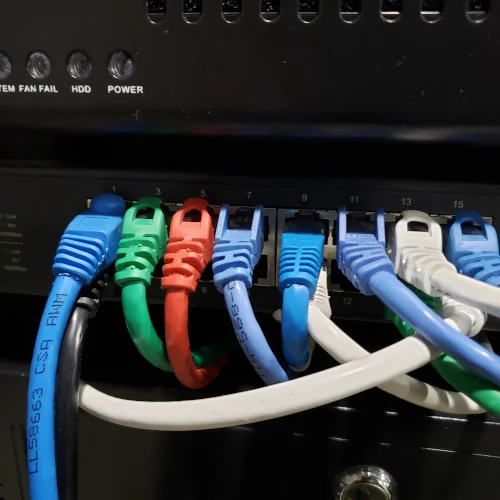Samsung Revs Its In-Kernel SMB3 Server Focused On Fast Performance, New Features

Samsung has been developing "KSMBD" (formerly also known as CIFSD) as an in-kernel SMB3 file sharing server. Their focus is on delivering better performance and more quickly implementing new features some of which can't be easily achieved in user-space with Samba. Samsung is interested in RDMA support and other features that can be implemented with ease in the kernel and for their server having a much smaller footprint and focus than Samba.
Out today is the seventh spin of these patches for review in trying to get KSMBD upstreamed into the mainline kernel. The v7 patches have a number of fixes to the in-kernel server code, negotiate context verification, support for negotiating the signing algorithm, and a number of other low-level code improvements and fixes.
Those interested in the prospects of KSMBD can learn more about it via this kernel mailing list thread.
34 Comments

